Depression is a terribly debilitating mental health condition. Sadly, our modern lifestyle, with all of the stress and pressure that goes with it, has made many people susceptible to depression.
There are now an estimated 9 million people in the USA alone who suffer from some type of depressive disorder. Many of these people need treatment to help them cope, and some of them use herbs for severe depression.
Pharmacognosy is the study of herbs for medicinal purposes. Herbal remedies are known to be effective in treating many different ailments. Herbal medicine is derived from plants. Many plants are known to have medicinal properties. It may be helpful to learn more about various herbal treatments and remedies.
The natural chemicals found in the roots, stems, leaves, and flowers of certain plants can all be extracted and processed to create herbal medicines. Many of these chemicals work in combination with other elements, some of them man-made.
Natural Antidepressants Herbs
There are many different formulations of drugs to treat depression. Many people who are suffering from depression prefer trying natural herbs for depression, before using conventional prescription drugs.
If you are using a variety of different medications, it is essential to ensure that they are all clearly labeled, in order to prevent any confusion.
When it comes to using herbs for severe depression, a word of caution is needed. Although herbal remedies can be helpful and effective, they are often not enough when dealing with severe depression. However, the following herbs have been known to alleviate some of the symptoms of depression.
1.Saffron
Saffron is a herb that is native to certain regions in India and Pakistan. It is popular both as a culinary ingredient, as well as as a herbal medicinal supplement.
Saffron is known to be very expensive, but it is only needed in tiny quantities. In the kitchen, a tiny dash of saffron powder adds a unique touch to your cuisine. Along with its very distinctive aroma and flavor, it adds a beautiful yellow hue to foods like rice.
As a medicinal supplement, saffron is usually produced in either tablet or capsule form, in combination with other ingredients. Because it is so processed in its medicinal form, and it is combined with other ingredients, saffron supplements are not terribly costly and are available from most health stores and pharmacies.
When used to treat depression, saffron works by acting on the receptors in the brain that produce serotonin — a hormone that controls mood. It induces feelings of contentment and general well-being.
Studies have shown that taking a saffron supplement can boost the levels of serotonin in the brain. It cannot actively make the brain produce more serotonin. Rather, it works by helping the brain to retain the serotonin that it has already made, thus preventing a sudden drop in serotonin levels.
By keeping serotonin levels stable, saffron can help to ward off severe depression, and to lift the mood of people who are suffering from depression.
2. St. John’s Wort
St. John’s wort is a natural herb that is known to have many beneficial properties. It has been shown to be helpful and reasonably effective as a herbal remedy for mild depression.
Using herbs like St. John’s Wort for severe depression is not always successful. Severe depression can be very harmful, and cause suicidal tendencies. Therefore, it should never be overlooked or taken lightly.
While some herbs may help to alleviate some of the symptoms of depression, heavier medication, and other treatments may also be necessary.
St. John’s Wort is known to be a highly potent herb. The fact that it is a natural remedy does not mean that it should be taken without any restraint. It can be dangerous if you take too much of it.
It may also have negative interactions with certain conventional antidepressants and other medications. Before taking St. John’s Wort, for depression or any other condition, you should always discuss it with your doctor.
3. Chamomile
The chamomile flower is a herb that has been used in natural medicine for many years. Known for its calming, soothing, and relaxing properties, chamomile is traditionally taken in the form of tea.
The petals of the chamomile flower are preserved and dried to make a tea that has a mild, pleasant aroma and flavor. Sipping on a glass of warm chamomile tea before bed is known to help improve sleep, and is often suggested as a treatment for mild insomnia.
Chamomile is also available as a medicinal supplement, either in the form of drops, tablets or capsules. When taken for medicinal use, it has been shown to be successful and effective in reducing the symptoms of depression.
It should be noted that although chamomile has been used as a herb for severe depression, there are no scientific studies to prove its efficacy. Therefore, in cases of severe depression, it should be used with caution.
4. Lavender
Lavender is known for its fresh, distinctive fragrance and pretty purple flowers. It is a herb that is frequently used in the beauty and cosmetic industry. Lavender fragranced body lotions, hand creams, soaps and shampoos are very popular for their fabulous fragrance.
Lavender oil is known to be one of the essential oils with many calming properties. An infusion of lavender oil in your bedroom at night may help to promote good sleep, and can also help you to overcome tension and anxiety.
Lavender oil can help to minimize some of the symptoms of depression, but it should not be relied upon as the only treatment in the case of severe depression.
While studies have shown it to be helpful in coping with some of the sad feelings caused by depression, lavender alone does not have properties that are powerful enough to help you to conquer severe depression.
5. Ginseng
The root of the ginseng plant has been used in traditional Chinese medicine for hundreds of years. It is known to have useful medicinal properties and is still used as a herbal remedy to treat many common ailments.
Some studies have shown that ginseng significantly raises serotonin levels, thus helping to improve mood. It is therefore often used as a herb for severe depression.
However, it has not been proven that ginseng alone is sufficient to control severe depression. Therefore, in cases of very severe depression, it should not be relied upon as the sole treatment.
Patients suffering from Alzheimer’s Disease have reported that taking a ginseng supplement on a regular basis often helps to induce a feeling of calm, and improves the mood.
It is important to note that ginseng is known to have a negative interaction with certain medications that are prescribed to treat depression. It can cause side effects such as a tremor, or even cause you to become manic. If you are already on an antidepressant, before using ginseng you should discuss it with your doctor.
Conclusion
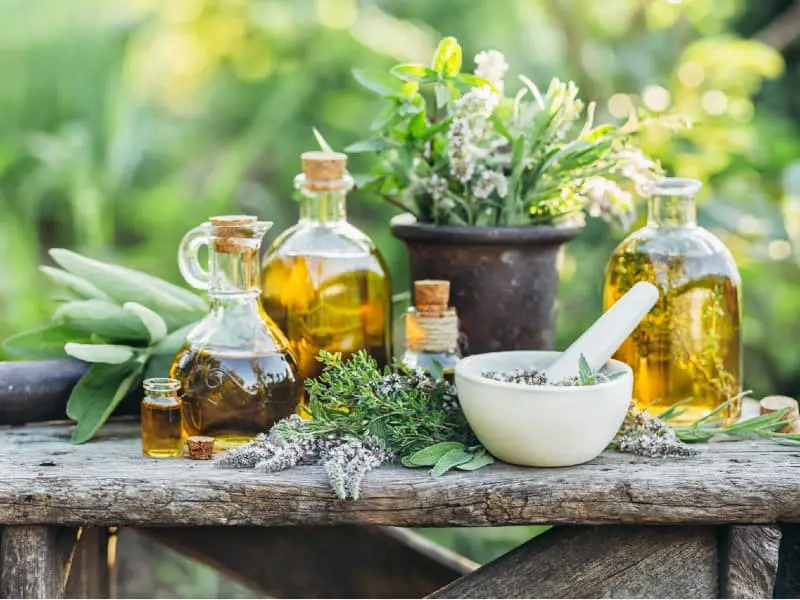
Mental health and well-being should never be taken for granted, and problems relating to our mental health should always be addressed appropriately. In the same way that you would go to your doctor if you had a physical illness, you should seek help from a professional if you are suffering from mental health issues.
Herbs for severe depression can be useful and can be effective up to a certain point. But if you are suffering from such severe depression that herbal remedies alone are not helping to improve your mood, please seek help from a doctor.

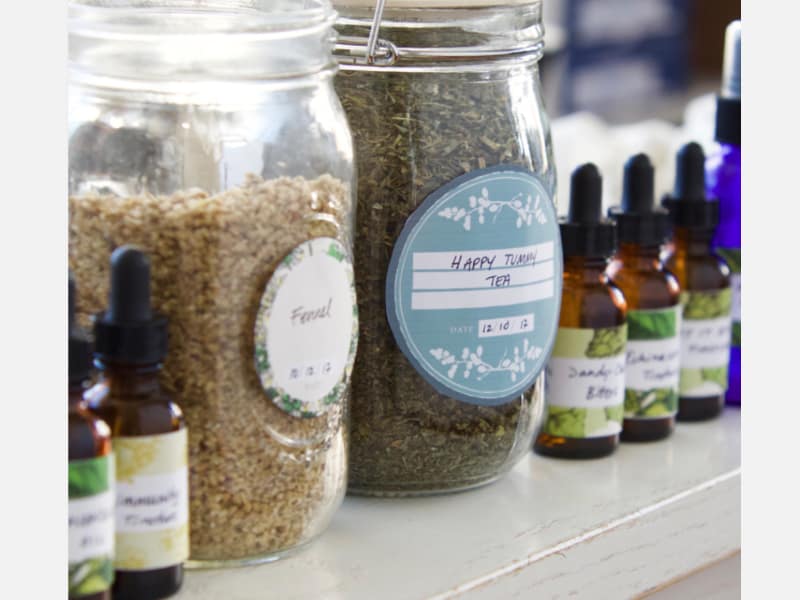
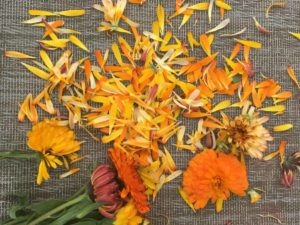
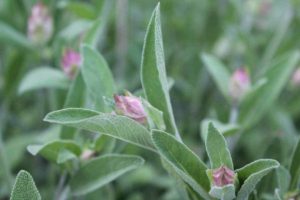
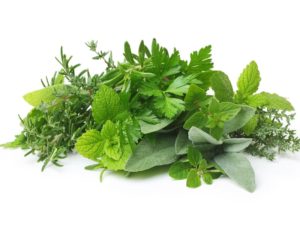
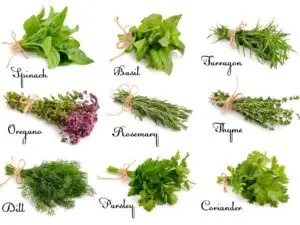
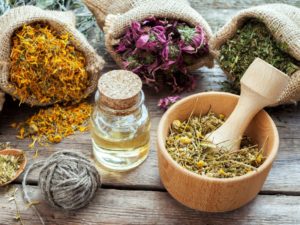
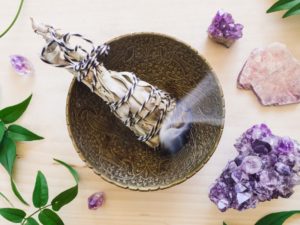
Remarkable Blog Posts!! Great work Buddy.
Useful Content. Thanks a lot for the info!